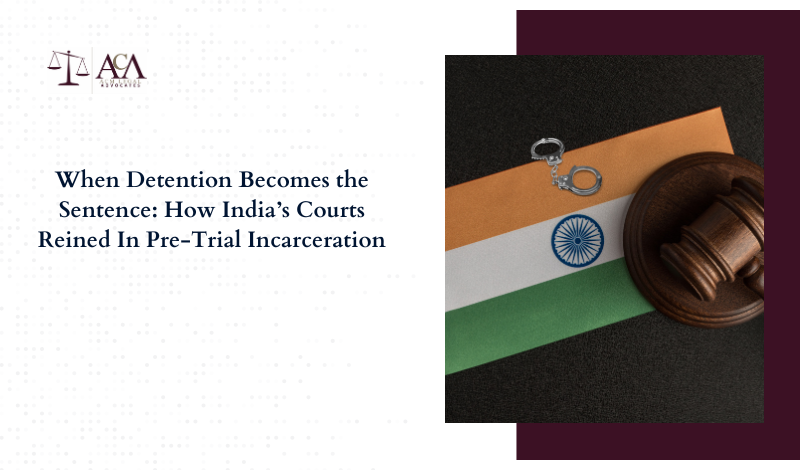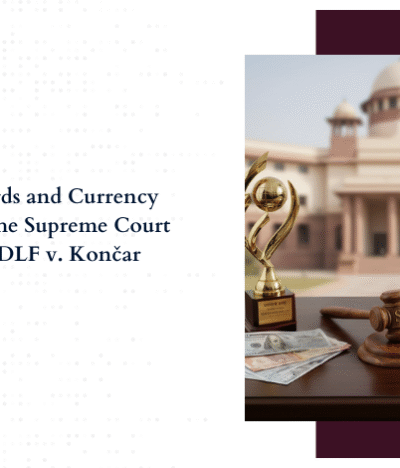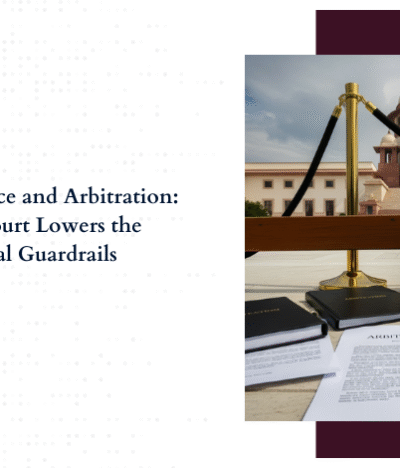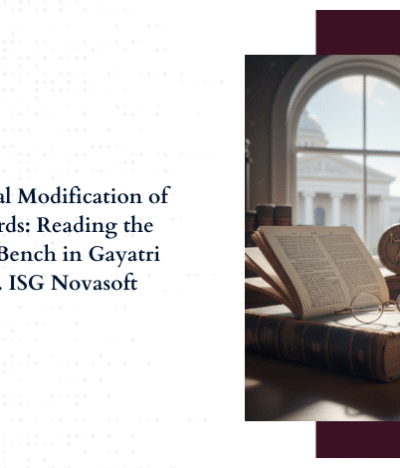The Real Cost of Pre-Trial Incarceration
India’s criminal justice system has long struggled with a chronic problem: undertrials languishing in jail without conviction. A staggering number of prisoners are behind bars not because they’ve been found guilty, but because their trials haven’t concluded. This isn’t just a bureaucratic issue. It’s a constitutional one.
The Delhi High Court, in its recent judgement in Arun Kumar v. State (Bail Application No. 2116/2023), put its foot down. The ruling isn’t groundbreaking in law, but it is in attitude. The court’s message is direct: keeping someone behind bars for years without a verdict, especially when the maximum sentence for the alleged crime is less than the time already spent in custody, is a plain violation of Article 21 of the Constitution.
Article 21 guarantees the right to life and personal liberty. And personal liberty doesn’t mean much if a person can be jailed indefinitely just because the State can’t try the case fast enough. What the Delhi High Court did was reconnect the black-letter law with constitutional conscience.
The Law Isn’t Silent — It’s Just Ignored
The Code of Criminal Procedure (CrPC) has built-in safeguards. Section 436A, for instance, states that an undertrial can’t be held for more than half the maximum sentence for the alleged offence—except in rare cases. Courts are also empowered to grant bail under Sections 437 and 439, especially when continued incarceration violates basic fairness.
But here’s the problem: these safeguards are routinely overlooked. Trial delays, non-production of witnesses, and clogged dockets are shrugged off as systemic flaws, and the accused ends up paying the price. Often, the State doesn’t even oppose bail on legal grounds—they just say the trial is “ongoing,” without explaining why it’s dragging.
In Arun Kumar, the High Court refused to buy that excuse. The accused had spent over three years in custody for offences carrying a maximum sentence of seven years. The Court wasn’t just concerned with the ticking clock—it focused on the principle that liberty is not disposable just because the wheels of justice turn slowly.
A Judge’s Duty Isn’t to Wait—It’s to Intervene
Here’s what this case clarified: judges can’t be passive bystanders while pre-trial incarceration becomes punishment. The Court emphasized that judicial officers are constitutionally obligated to assess whether continued custody serves any legitimate purpose.
The High Court called out a disturbing trend—courts mechanically extending detention without examining the broader constitutional impact. When liberty is at stake, rubber-stamping remand orders isn’t just lazy—it’s unlawful.
Importantly, the judgement draws a sharp distinction between statutory bail and constitutional bail. Even if Section 436A doesn’t strictly apply, Article 21 always does. So, where the accused has already spent more time in custody than any likely sentence, bail isn’t a concession—it’s a constitutional necessity.
The State’s Convenience Isn’t a Constitutional Justification
The Court made it clear that delay in trial, especially when caused by the prosecution’s inefficiency or casual attitude, cannot justify prolonged incarceration.
In Arun Kumar, the prosecution failed to bring even a single witness in three years. The Court didn’t let that slide. It held that when the State is unable—or unwilling—to prosecute its case with due speed, it loses the moral and constitutional ground to keep someone locked up.
This is a subtle but powerful shift. Courts are beginning to treat delay as a reason to release, not a reason to detain. It signals a move from deference to accountability. The judiciary is no longer content with empty progress reports or vague claims of “complexity” in investigation. If the prosecution is unprepared, that’s not the accused’s burden to bear.
Conclusion
This judgement doesn’t rewrite the law, but it demands that courts apply it like it matters. It’s a nudge, perhaps even a warning, to trial courts and magistrates: personal liberty isn’t a formality. It’s the baseline. And once an accused has endured more jail time than the crime would warrant, the system owes them not just bail, but an apology.
More broadly, Arun Kumar reaffirms a constitutional position that’s been ignored in practice. That incarceration before conviction must always be exceptional, never the default. The Delhi High Court harmonized Article 21 with procedural law, not by inventing a new doctrine, but by reminding everyone of what’s already there.






